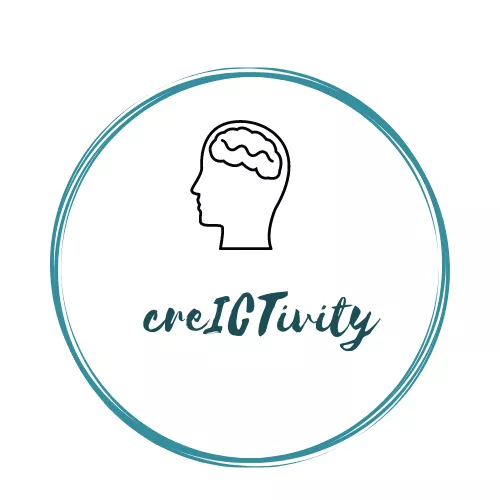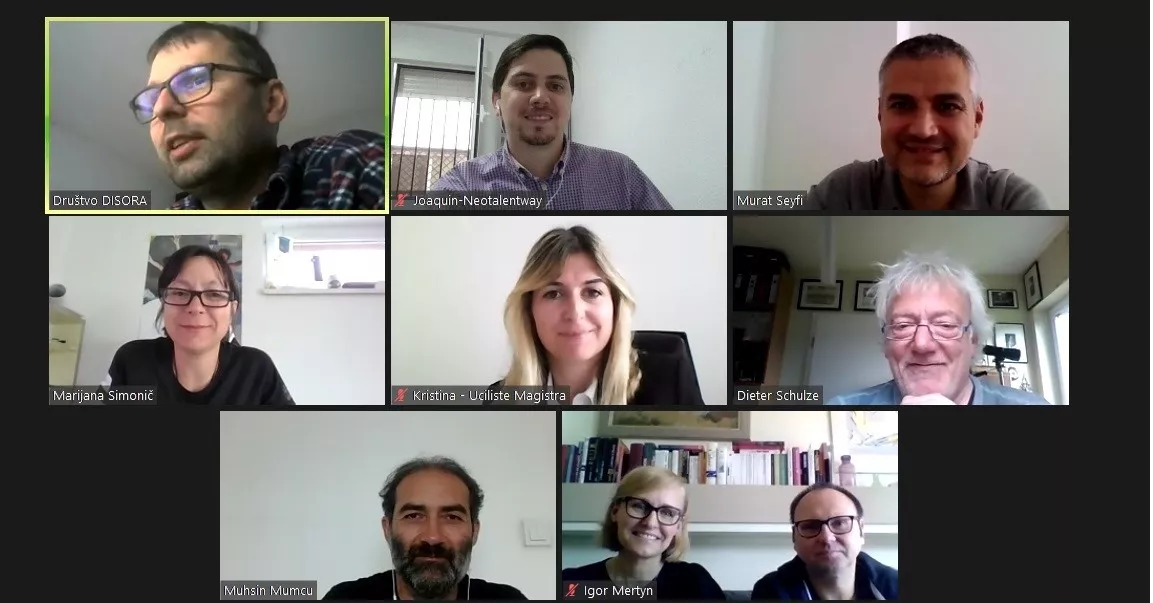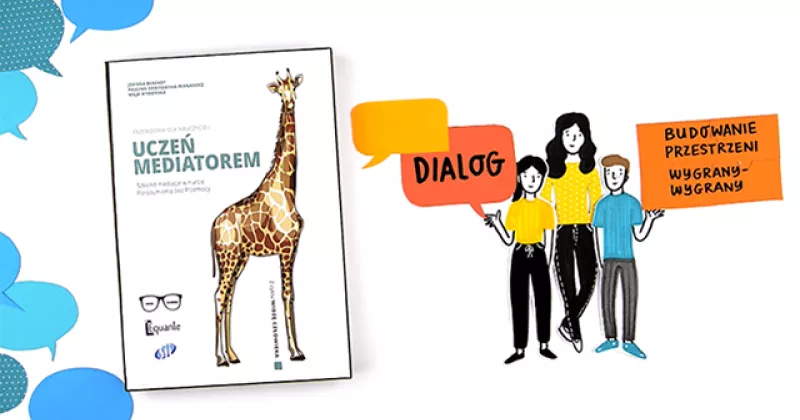creICTivity

creICTivity aims to strengthen the ability of adult educators/sector to use creativity in the learning process to increase effectiveness of ICT learning and, consequently, (practical) creativity of the learners – vulnerable adults with low ICT skills.
Creativity is seen as something only gifted people have and is largely neglected in (adult) education. In reallity everybody can be creative if their creativity is nurtured. ICT is an excellent way to increase creativity and learn an essential skill at the same time, because it presents »problems« that allow creative solutions.
creICTivity is a 2-year project that brings together 6 partners from Slovenia (Društvo za izobraževanje in socialni razvoj), Poland (NAVICULAM Sp. z o.o.), Germany (Institut für Internationale Bildungs- und Arbeitsmarktprojekte), Croatia (Učilište Magistra), Spain (Neotalentway S. L.) and Turkey (Tokat Gaziosmanpasa University).

169 million or 44% of Europeans between 16 – 74 lack basic ICT skills and 19% of them have zero skills. This will impact EU negatively, economically and socially: 9 of 10 future jobs will require some ICT skills thus a large number of work-age adults will be unable to compete in the job market. They will not be able to find information on education, active citizenship, health, social activities etc., preventing them to become productive members of society.
To address this issue, we will closely examine the concept of creativity and its applications in (adult) education. We will also explore the needs of low ICT-skilled adults. This will help us create an approach and methodology blending creativity with the needs of low-ICT adults regarding ICT.
There will be 2 results:
1. creICTivity framework and methodology
It will be created after a study of obstacles, fears, motivations and expectations the low ICT-skilled adults have in regard to ICT learning and study of creativity from the perspective of ICT mentors. It will present our findings about their needs in regard to ICT learning and propose creative methods and strategies for educators on how to motivate and engage them to achieve better learning outcomes and foster their creativity.
2. creICTivity learning modules
The modules will be constructed as a series of logically connected ICT challenges which will foster creative thinking and when »solved« provide the learners with useful ICT skills and an ability to put what they have learned in context.
The modules will be tested by 2 ICT Challenge mentors and a group of adults with low ICT skills. The testing will be evaluated and then the final version of the modules will be created.
The aim of creICTivity is also to give ICT educators an opportunity to look at the ICT teaching from a different perspective, to understand and acknowledge the value of creativity in the learning process and use it to connect more with their learners, engage them and foster their own creativity as well as the creativity of the learners.

You can visit our FB.
DISORA (Association for Education and Social Development) is a non-profit NGO from Maribor, Slovenia. Organization was established in 2018 with the aim to contribute to a positive change and better integration of vulnerable groups through programs and activities in the areas of lifelong learning, culture, sports, social development, active citizenship and various skills for the unemployed, the youths, migrants, seniors and others.
Ivan Močnik (ivan.disora@gmail.com), president of DISORA
Ivan Močnik has 10 years of experience working in adult education sector, primarily with vulnerable groups. He is an author of multiple national and international projects on the topic of social integration and strengthening of basic skills.
Marijana Simonič (marijana.disora@gmail.com), chief project coordinator at DISORA
Marijana Simonič has many years of experience as a project leader for national and international projects. Among other, she worked at the Joint Technical Secretariat for cross-border projects OP SI-AT 2007 - 2013.





creICTivity
Very nice idea and especially during pandemic crisis when being creative is the key for success.